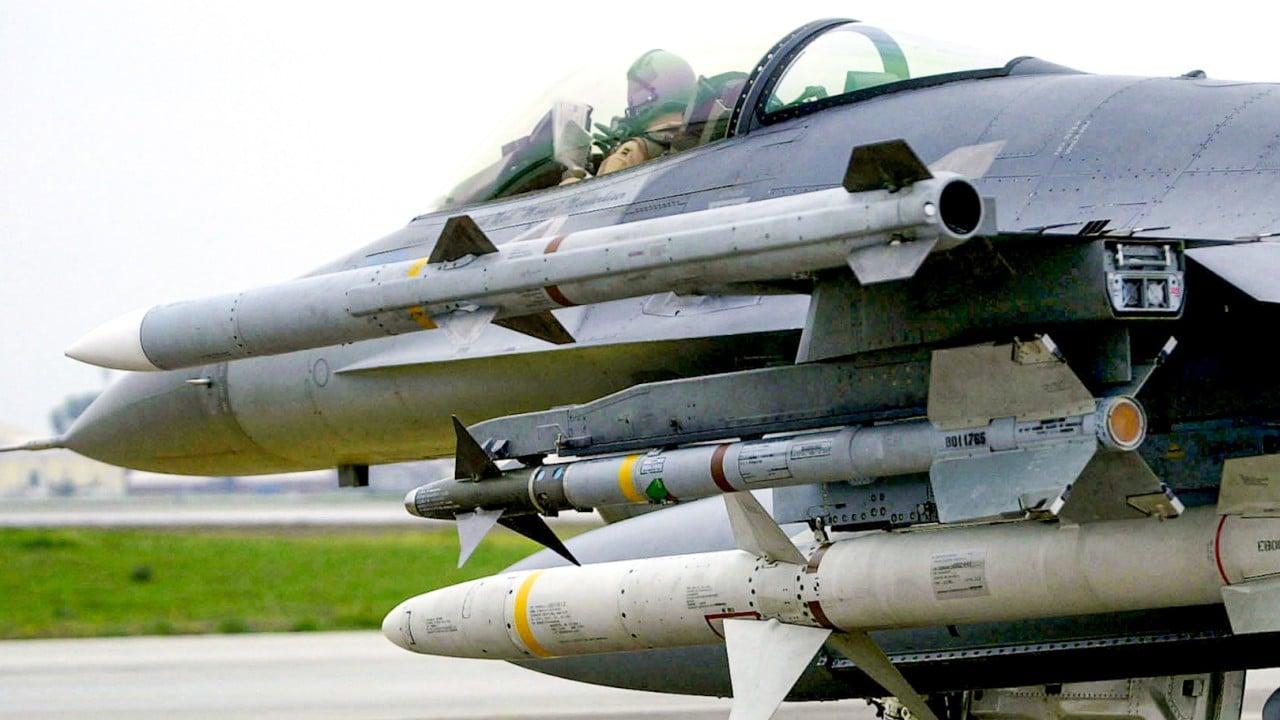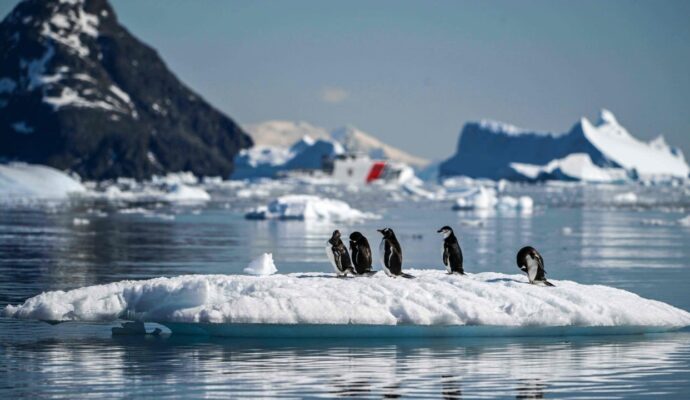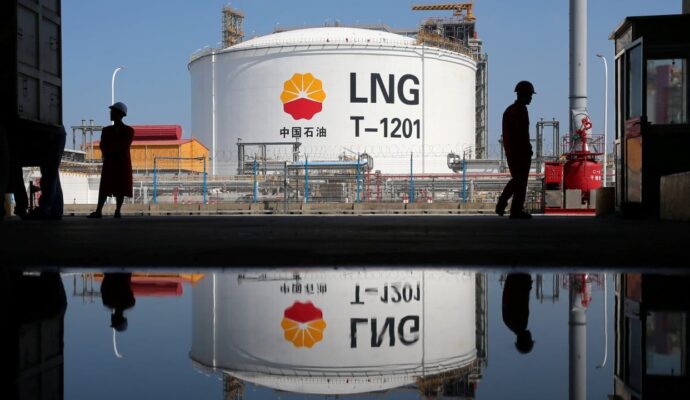
“We have time and again told Honduras Taiwan is a true and reliable partner of its allies, and our government will assist Honduras to exercise its national development projects in every possible way within our capability,” it said.
“China’s sole purpose of developing ties with Honduras is to squeeze our international space. In its cooperation with Honduras, it has no true intention to promote the well-being of the general public in Honduras,” Taiwan’s foreign ministry said, adding that Honduras should refrain from making any decision that would hurt long-time relations with Taiwan.
Taiwan also summoned the Honduran ambassador to Taiwan, Harold Burgos, for an explanation.
Honduran Foreign Minister Eduardo Reina said on Tuesday a switch was in line with the interest of his country.
“We have to look at things very pragmatically and seek the best benefit for the Honduran people,” he told Honduran news media.
Wang Wenbin, spokesman for China’s foreign ministry, said the fact that 181 countries had established diplomatic relations with China on the basis of the one-China principle proved that establishing diplomatic relations with China was the general trend of historical development and the correct choice for the times.
“China is willing to develop friendly and cooperative relations with all countries in the world, including Honduras, on the basis of the one-China principle,” Wang said at a regular briefing on Wednesday.
Chinese ambassador to Mexico Zhang Run said on Twitter that Honduras had made the right decision.
“Congratulations Honduras on this correct decision to embrace that principle! Hopefully it will be fulfilled,” Zhang said, referring to the one-China principle, which he stressed was the consensus of the international community and one of the basic norms of international relations.
Signs of the country’s possible shift in ties surfaced in January when Reina met mainland Chinese foreign vice-minister Xie Feng.
According to a report from the Honduran newspaper La Prensa, Reina met Xie while the two were in Brasília for the inauguration of Brazilian President Lula da Silva.
Reina later explained that their talks related to Beijing’s potential construction of a hydroelectric dam in Honduras and had nothing to do with diplomatic issues.
Taiwan expressed grave concerns over the meeting and hit out at Beijing for allegedly offering “false promises” to Taipei’s allies, with the sole purpose of minimising the island’s international presence.
Last month, Reina reaffirmed ties with Taiwan, saying the talks with Beijing concerned loans for the hydroelectric dam and that relations with Taiwan would be maintained, according to the Honduran newspaper La Tribuna.
“What we are looking for, in this vision of creating more energy capacities for the country, is for (China) to finance Patuca II,” he said, referring to the hydropower project.
Beijing, which sees Taiwan as part of its territory that must be taken under control, by force if necessary, has long sought to isolate the island diplomatically by winning over countries that maintain official ties with Taipei.
It has also ramped up pressure on Taiwan by intensifying its military operations near the island.
Ma Jianying, an international relations expert with Shandong Normal University, said that in addition to military and anti-independence efforts, the move could be a diplomatic push to minimise Taiwan’s international status.
With Beijing’s “growing influence in the world, including in [Latin] America, when choosing between Taiwan and mainland China, they would naturally choose to build ties with mainland China”, he said, adding that new left-wing governments in Central and South America favoured diplomatic ties with Beijing.
Ma said it was “highly possible” for more countries to pursue ties with Beijing as it was “using all means” to minimise international ties with Taiwan amid growing cross-strait tensions.
But he said new diplomatic ties with Beijing would not shake Washington’s influence in the region, especially given America’s geographical proximity.
Lawmakers in Taiwan said the announcement by the Honduran president reflected the substantial growth in influence of Beijing in Central America in recent years.
Lo Chih-cheng, a legislator of the ruling Democratic Progressive Party said the development was a warning and “the government must do its best to secure ties with Honduras”.
Johnny Chiang, a legislator of the main Kuomintang opposition party said the island’s foreign ministry might have been aware of the possible switch because Honduras was not included in a reported plan for President Tsai Ing-wen’s visit to Central American allies.
Tsai reportedly planned to visit Belize and Guatemala via the US, where she was expected to stop over in New York and Los Angeles – a transit arrangement that Beijing had already warned might carry grave consequences.
Wang Kung-yi, head of the Taiwan International Strategic Study Society, said Honduras’ latest decision was expected.
“There actually is nothing surprising as the Honduran leader had earlier indicated during her election campaign her desire to cut ties with Taiwan and start relations with China,” Wang said.
He said Beijing apparently had increased its push for Honduras to switch recognition to the mainland following recent reports that Taiwan might establish formal relations with the Pacific island nation of Micronesia.
Outgoing Micronesian President David Panuelo was confirmed by Taiwan to have met Taiwanese foreign minister Joseph Wu last month to discuss a switch of ties to Taipei from Beijing.
Taiwan said it would carry on with the talks with the new government following its inauguration in July.
“After all, the two sides have been trying as hard as they could win over each other’s allies in their long-time diplomatic tussle,” Wang said.
Additional reporting by Hayley Wong and Amber Wang



